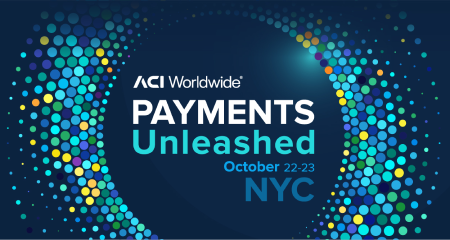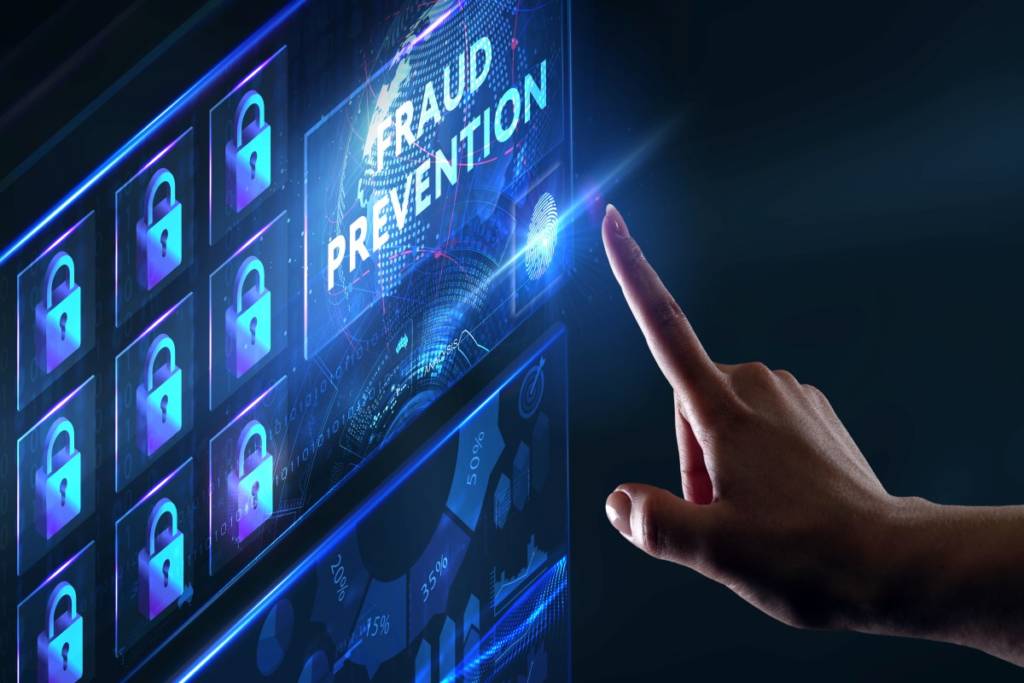The rapid global spread of the new coronavirus – and its far-reaching impact on economies leading to a raft of rapidly introduced measures – has created myriad challenges for the financial services sector; from the smallest fintechs to the largest banks. And this disruption equals opportunity for fraudsters, as our Risk Team is also seeing in the merchant retail sector.
Fraud risks have been steadily migrating from financial services providers themselves to business and personal banking customers, meaning that customer protection and education is already an area of particular focus for financial institutions.
However, there are some emerging fraud trends relating to the impacts of COVID-19, which are going to place an even greater importance on education, and the need to quickly and proactively communicate with customers regarding fraud risks.
- Working from home – While for many companies, remote work and telecommuting have long been standard practice, there are many businesses that have needed to scramble to enact plans to keep their workforce working and may have overlooked necessary security measures. In the worst case, this could be banks themselves, but more likely their business customers. Working from home may also give workers a different mindset – they may be more likely to overlook warning signs – particularly if they are distracted by other things in their new environment – i.e., juggling working from home and caring for kids. Speaking of which…
- Kids in the workplace – Or, to be more precise, kids in the new workplace/home. With more families home-schooling their children, or at least guiding a curriculum delivered by a virtual teacher, there is more sharing of devices. Children are particularly vulnerable to falling for scams including email links (phishing), ghost social media and online gaming ads that contain malware. Shared smartphones, laptops and desktop PCs all create potential risks.
- Rise in digital banking and online shopping – Customers utilizing digital banking channels including those who may have been reticent in the past to embrace online channels. Novice users present new opportunities for fraudsters to attack directly via identity theft, push payments fraud and other scams. Consumers who are new to online shopping and services also present a challenge for behavioral profiling as they bring no previous history to accurately assess risk and create ”noise,” providing a perfect opportunity for fraudsters to attack especially where customer protection resources are stretched.
- Fear and anxiety – Disproportionately putting ”at-risk” groups at even greater risk. The current challenging environment, whether it’s the COVID-19 pandemic or economic fallout, is creating fear and anxiety across communities. People already in challenging personal situations may be more likely to fall for new versions of scams – especially those scams that might promise a ”quick fix.” Vulnerable groups including the elderly, children or those impacted through unemployment, reduced services or access to medicine require particular attention in terms of monitoring and protection. Financial institutions have a part to play when it comes to providing clear, concise and reliable information that helps at-risk customers identify and respond to scams. Specific, targeted COVID-19 scams have also quickly emerged, including calls from “hospital officials” requesting payment to help relatives, phishing emails from national “health authorities,” loan repayment assistance scams and even a fake version of the John Hopkins’ COVID-19 dashboard (here’s the link to the real one) containing spyware.
- History… repeats? Rising unemployment and financial strain could lead to an upward trend in opportunistic fraud and crime – and history suggests it will. While contactless card payments continue to rise (and in many cases are being encouraged with limits being increased in Australia, for example), we could also see a rise in card theft and “tap-and-go” fraud and friendly fraud in the card-not-present space; this is where customers dispute a transaction to avoid having to pay or a child makes an online purchase from a shared device without parental consent.
Financial institutions themselves will be under pressure, but during the challenging time ahead will need to stay on top of fraud. Fraud teams will be under increased stress to ensure they get the balance right, identifying genuine payments and allowing these without friction.
Here are a few steps they can take to achieve this balance:
- AI and adaptive machine learning will play a critical part in achieving scale in terms of the constant fine-tuning of fraud detection strategies and compliance policies, as well as identifying emerging threats quickly.
- New data is required to make a difference in detecting push payments fraud, social engineering and scams. It will be crucial to move beyond single-faceted device fingerprint, IP address and geolocation data, and access behavioral biometrics intelligence. Solutions need capabilities to easily ingest the volume and variety of data needed to do this successfully.
- Increased automation that positively engages with customers via remote (SMS and in-app) notifications, which will be key to handling the increased need for transaction monitoring where human resources are limited.
Most of all, financial institutions will be need to remain vigilant, taking an enterprise-wide view of fraud to identify emerging fraud trends.
Find out more about advanced machine learning and predictive analytics for identifying and mitigating financial fraud in our eBook: The Six Step Guide to Leveraging Machine Learning for Payments Intelligence




